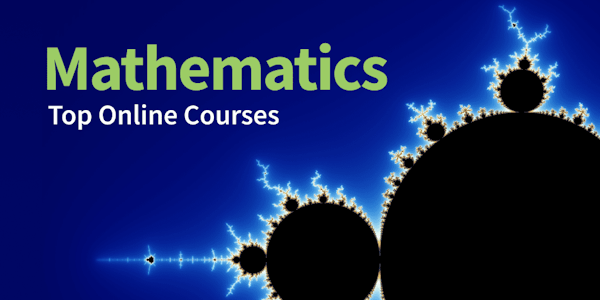This first course in the two-part program, Generative Art and Computational Creativity, proposes an introduction and overview of the history and practice of generative arts and computational creativity with an emphasis on the formal paradigms and algorithms used for generation. The full program will be taught by Associate Professor from the School of Interactive Arts and Technology at Simon Fraser University and multi-disciplinary researcher, Philippe Pasquier.
On the technical side, we will study core techniques from mathematics, artificial intelligence, and artificial life that are used by artists, designers and musicians across the creative industry. We will start with processes involving chance operations, chaos theory and fractals and move on to see how stochastic processes, and rule-based approaches can be used to explore creative spaces. We will study agents and multi-agent systems and delve into cellular automata, and virtual ecosystems to explore their potential to create novel and valuable artifacts and aesthetic experiences.
The presentation is illustrated by numerous examples from past and current productions across creative practices such as visual art, new media, music, poetry, literature, performing arts, design, architecture, games, robot-art, bio-art and net-art. Students get to practice these algorithms first hand and develop new generative pieces through assignments and projects in MAX. Finally, the course addresses relevant philosophical, and societal debates associated with the automation of creative tasks.
Music for this course was composed with the StyleMachineLite Max for Live engine of Metacreative Inc.
Artistic direction: Philippe Pasquier, Programmation: Arne Eigenfeldt, Sound Production: Philippe Bertrand
What Students Are Saying:




